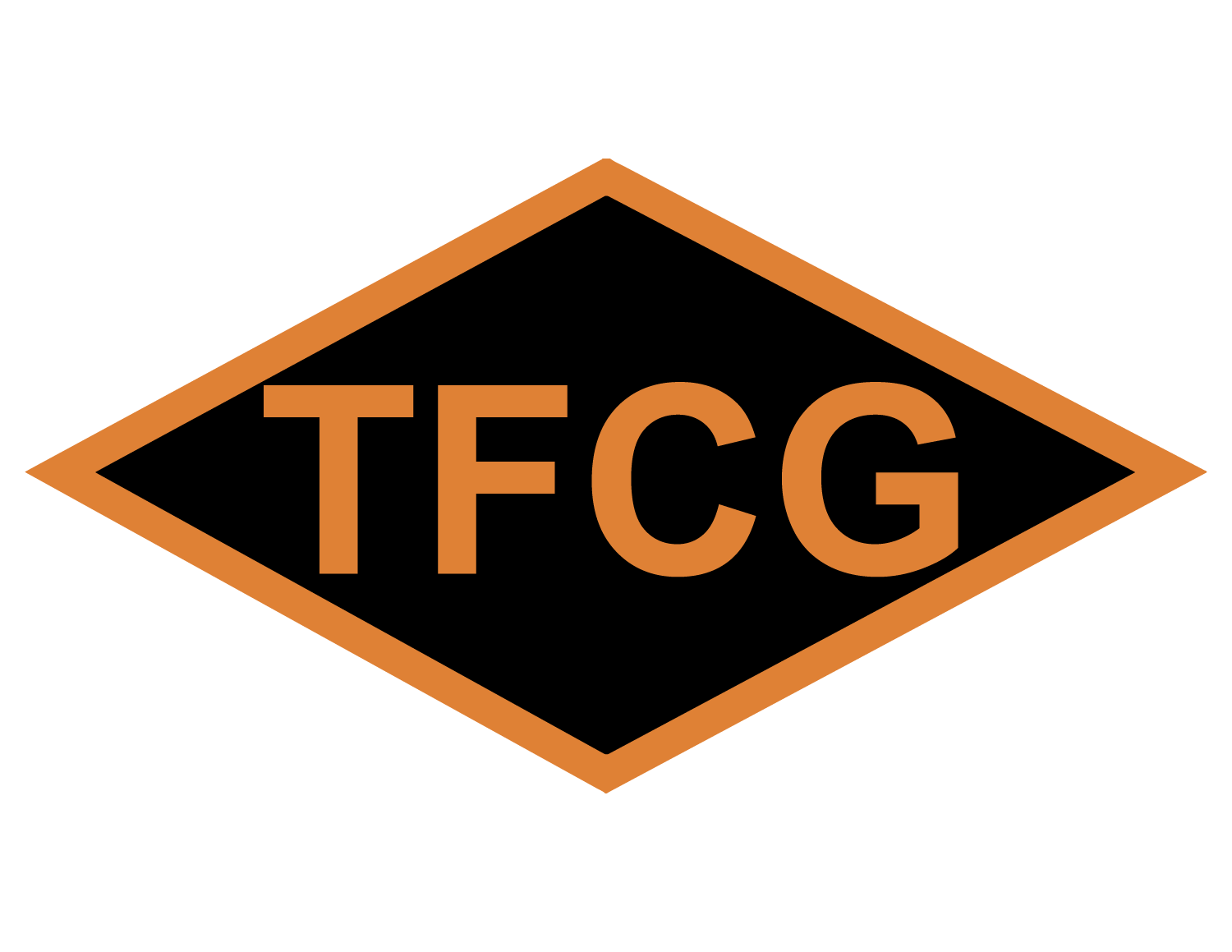Grit 2.0 -- Quitting (#287)
I was working with Maria* (not her real name), one of my executive coaching clients, last week and we discussed whether to persevere and continue on a project that seemed to have little chance of succeeding or to quit and repurpose the time and energy elsewhere. As the author of Grow Your Grit, I define grit as the “will to persevere to accomplish long-term goals.” You would think that I would have advocated for Maria to continue to persevere. But after we talked through the project and its chances of success, Maria decided the right decision was to quit.
One of the best books I have read this year is Quit: The Power of Knowing When to Walk Away by Annie Duke. As many of you know, Annie Duke is a renowned author, decision strategist, and former professional poker player. With a background in cognitive psychology, she leveraged her expertise in decision-making and risk assessment to excel in the world of high-stakes poker. Over her poker career, she won numerous tournaments, including a World Series of Poker bracelet. Her previous book was Thinking In Bets: Making Smarter Decisions When You Don't Have All the Facts which is also great book and very helpful for those who do strategic planning.
Quit: The Power of Knowing When to Walk Away
Quitting often carries a negative stigma and is sometimes associated with feelings of failure and weakness. In contrast, perseverance (and especially grit) is celebrated. However, quitting, when necessary, is a smart choice. Yet,. quitting early feels like quitting too soon. We often delay quitting until it's too late because we want to be certain there's no chance of success. But quitting at the right time may seem premature because there's still a chance things could turn around.
Quitting is part of the decision-making process. No one ever said “she is a great quitter.” But how can you be better at quitting?
So How Can You Quit Better?
Here are 7 ideas from Annie Duke on how to improve your decision making around quitting.
A fun fact that Duke cites and has stuck with me as i play poker myself — professional Texas Hold ‘Em poker players only play 15-25% of their hands. The rest they fold. Think about that — 75% of your hands are not winners.
Establish kill criteria. Making a decision to quit when you're already deeply involved in a project can be exceptionally difficult. Plan ahead by setting "kill criteria" or determine signs in the future that will tell you to exit. When I started TFCG in March 2020, I said I would run the business for a year and see if it is profitable. That was my kill criteria.
Hiring a "quitting coach" to give you an outside perspective on persevering or quitting can help you make a better decision. An executive coach can fill that role.
If it is a close call between quitting and persevering, quitting is a better choice.
I see it time and time again in sports — coaches or players are willing to fail conventionally rather than win unconventionally. The book Moneyball (see this blog post for more) is a case study in the Oakland A’s baseball team trying to win unconventionally. Now all the Major League Baseball teams have adopted the scouting ideas used by Billy Beane.
Change quitting into an expected value problem. An expected value problem provides a way to quantify the average or long-term outcome of uncertain events. This helps you and your team make informed choices based on probabilities and potential outcomes. Ask yourself and the team, “If I continue on this path what percentage chance do I have of succeeding? What are the chances of failing?”
It may be worth it at work to have one team decide to start the project and another team be the ones to decide to continue or quit. This removes some of the emotion around the sunk cost fallacy of the start team from the decision team.
Conclusion
Maria, my executive coaching client, benefited from having a quitting coach and examining the expected value of the project. Are you in the midst of a big project and need help making better decisions about when to stick it out or walk away? Hit the button below to schedule your free consultation.
I published a book on how to develop your perseverance and accomplish your goals — Grow Your Grit, available for sale at Amazon.
In the meantime, go on the offensive and use Annie Duke’s seven ideas on how to quit better to inspire you as you work towards your goals or tackle big projects.


